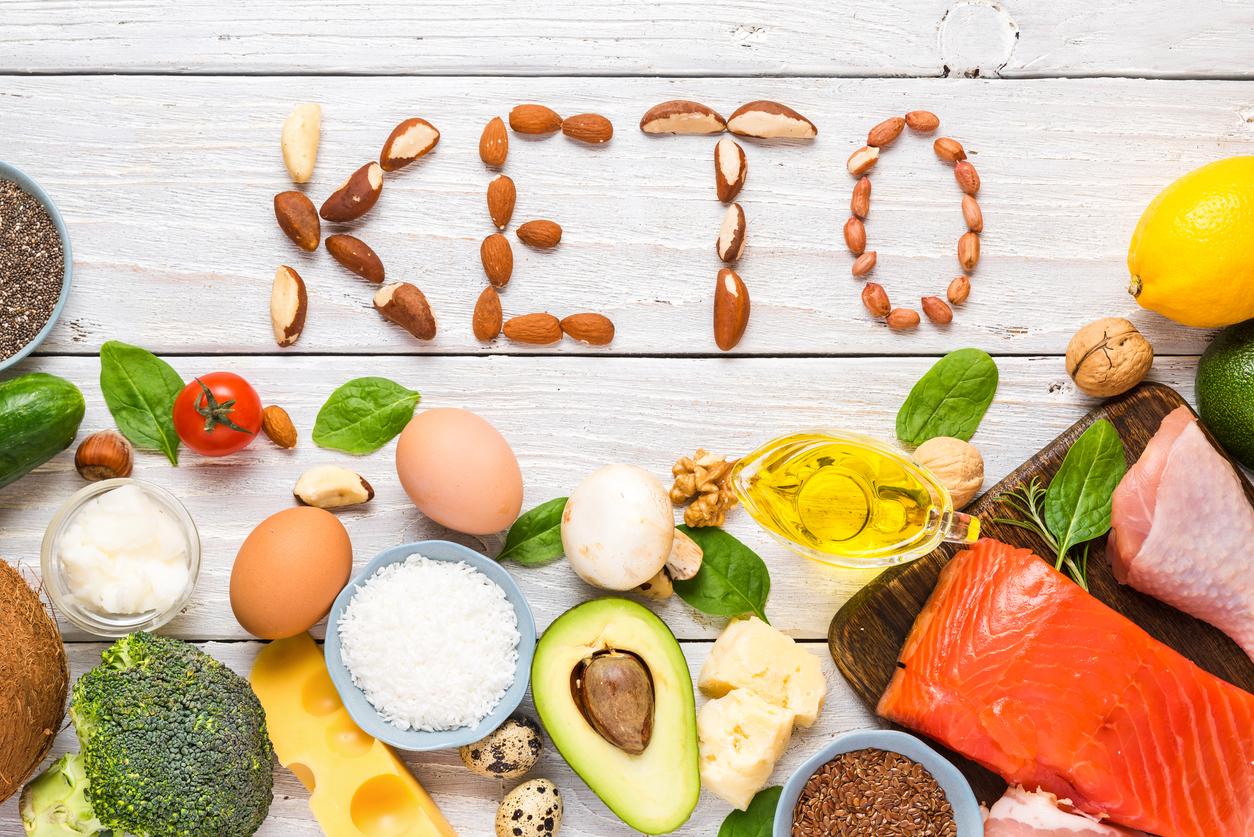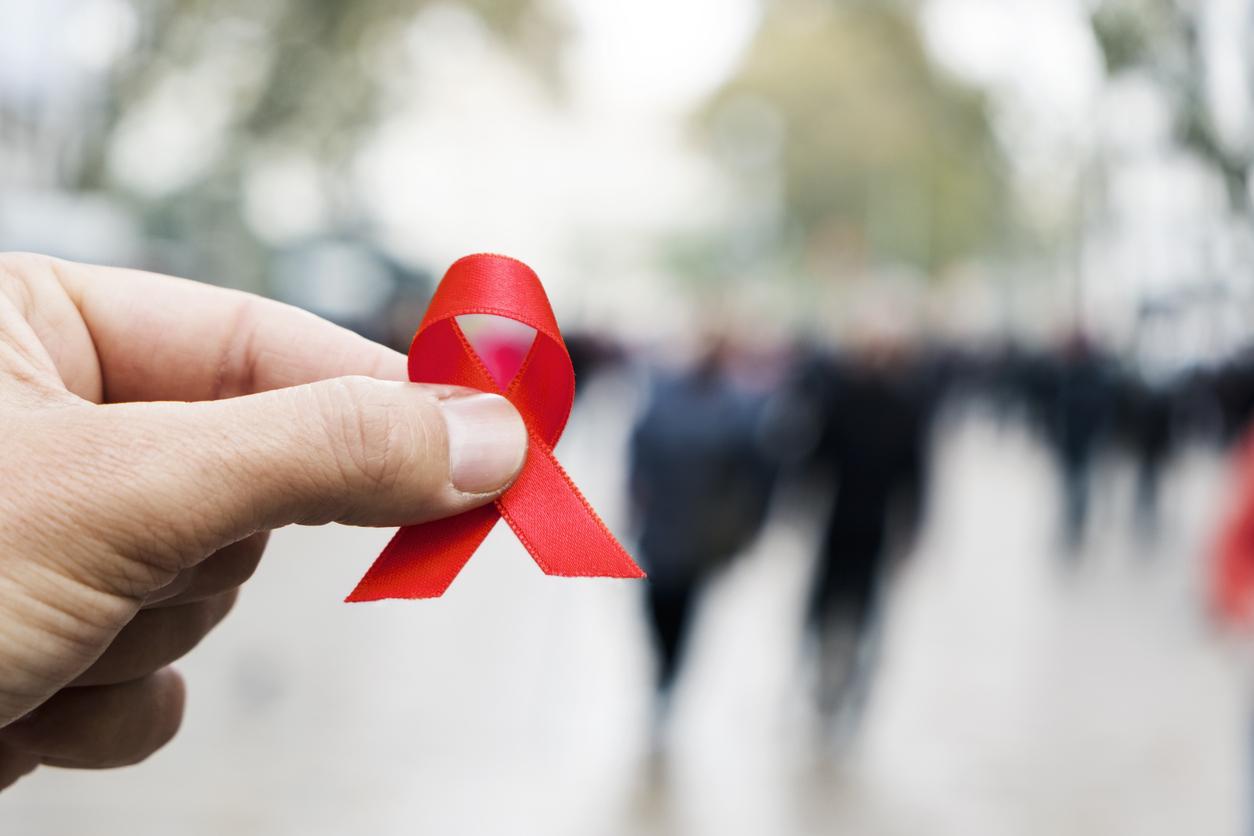We know that vitamins are essential allies to help us support our immune system so that it fights infections, particularly during the cold, Covid and flu season. It is always better to find these vitamins in our diet rather than immediately rushing to food supplements.
“My main goal is to make sure I’m nutritionally balanced so that I have a good immune system,” says Sharon Palmer, a registered dietitian nutritionist in California. interviewed by The Healthy. However, “if you suffer from nutrient deficiencies or do not follow recommendations on the consumption of fruits and vegetables, supplementation can help strengthen immunity” underlines his colleague Ali Bandier, nutritionist in New York.
Vitamin E
“Vitamin E is a powerful antioxidant that can boost immune function,” explains Ali Bandier. “Deficiencies are rare and excellent sources of vitamin E are found in oilseeds, dark leafy vegetables, such as spinach and broccoli; fruits such as kiwi, tomatoes and mango; and coconut oil. wheat germ.”.
Vitamin C
During virus season, vitamin C may reduce the duration of respiratory tract infections. It is healthier to obtain it through food: citrus fruits and kiwis, cruciferous vegetables such as raw broccoli and Brussels sprouts as well as tomatoes and white potatoes contain it. But when you get sick, it can be helpful to boost your immune system with a supplement: “I take 2g of vitamin C daily when I have a cold, as it has been shown to reduce symptoms and duration associated with colds. I’ve been doing this since my medical studies” explains Dr. Michael Millercardiologist.
Vitamin D
One study found that vitamin D reduced the risk of acute respiratory infections and shortened the duration of cold symptoms. Since it’s not always easy to get it through diet, taking a vitamin D supplement during periods of low sunlight seems to be at the top of the list for many health professionals.
But it is better to consult your doctor who will prescribe vitamin D in the form of an ampoule or drops, following the recommendations according to your age.
Omega-3 fatty acids
It is not strictly speaking a vitamin, but we often tend to assimilate them because, as with vitamins, our body does not produce them. If you don’t eat fish, you may not get much of this nutrient. Taking an Omega-3 fatty acid supplement may be a good solution. But for dietitian Sharon Palmer, it is better to favor food sources.
On average, we need 2g per day of omega 3 to optimize our immune system and fight infections. You will of course find it in fatty fish but also in certain plants (flax, chia, hemp, nuts, rapeseed, flax, walnut, soybean oils), spinach or lamb’s lettuce.


















